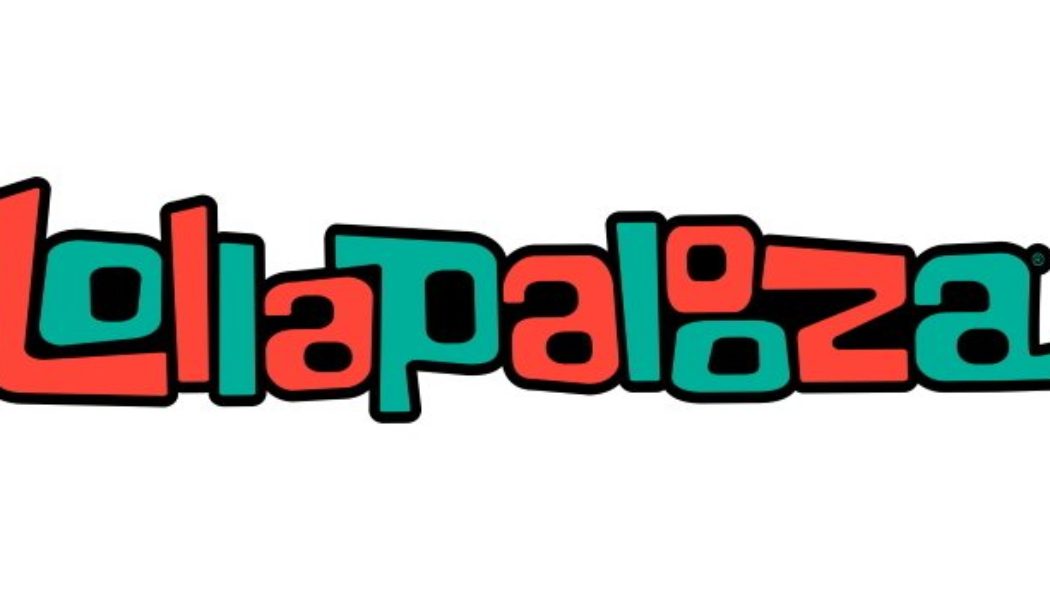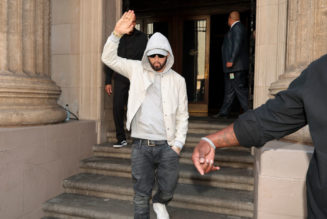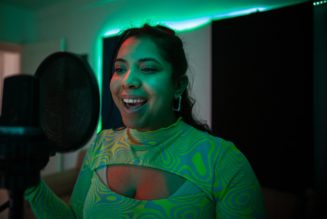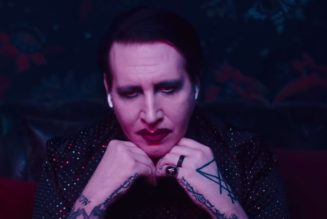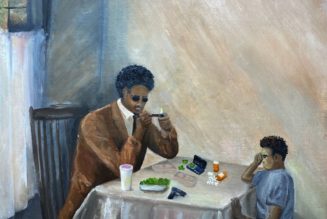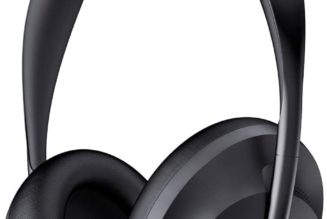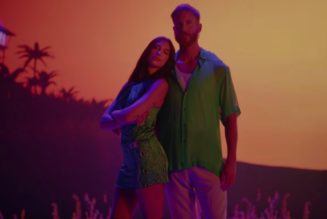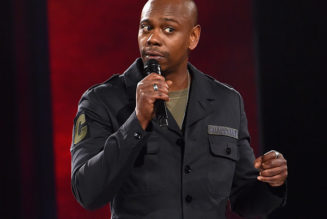
Chicago health officials said the city’s Lollapalooza concert wasn’t a superspreader event for COVID-19, with only 203 cases being reported by attendees so far.
In a Thursday morning briefing, Chicago Dept. of Public Health Commissioner Dr. Allison Arwady said 127 vaccinated people who attended Lollapalooza later tested positive. An additional 76 unvaccinated people who attended tested positive.
Only 0.0004% of vaccinated attendees tested positive, and 0.0016% of unvaccinated attendees tested positive.
“There’s no evidence at this point of a super-spreader event, and there’s no evidence of substantial impact to Chicago’s COVID epidemiology,” Arwady said. “Clearly with hundreds of thousands of people attending Lollapalooza, we would expect to see some cases.”
Lollapolooza took place from July 29 to August 1 and drew an estimated 385,000 people, approximately 90% or more of whom were vaccinated, based on measures taken at the site.
“We would have seen a surge if we were going to see a surge at this point, by my estimation,” Arwady said.
To attend this year’s Lollapalooza, concert-goers had to show proof of being vaccinated or having tested negative for the coronavirus within the previous three days.
“We obviously will continue to do further investigation if necessary. … Any person diagnosed with COVID-19 on or after attending Lollapalooza is included in the analysis,” Arway said. “So these cases may or may not have resulted from transmission at Lolla itself. We’ve been very broad here. Anybody who is potentially associated, we want to investigate.
“If we were more than 90% vaccinated as a city, as a country, we would probably be done with COVID,” she added.
“If folks are going to large events, please get vaccinated. It helps reduce risk for everybody,” she said.
